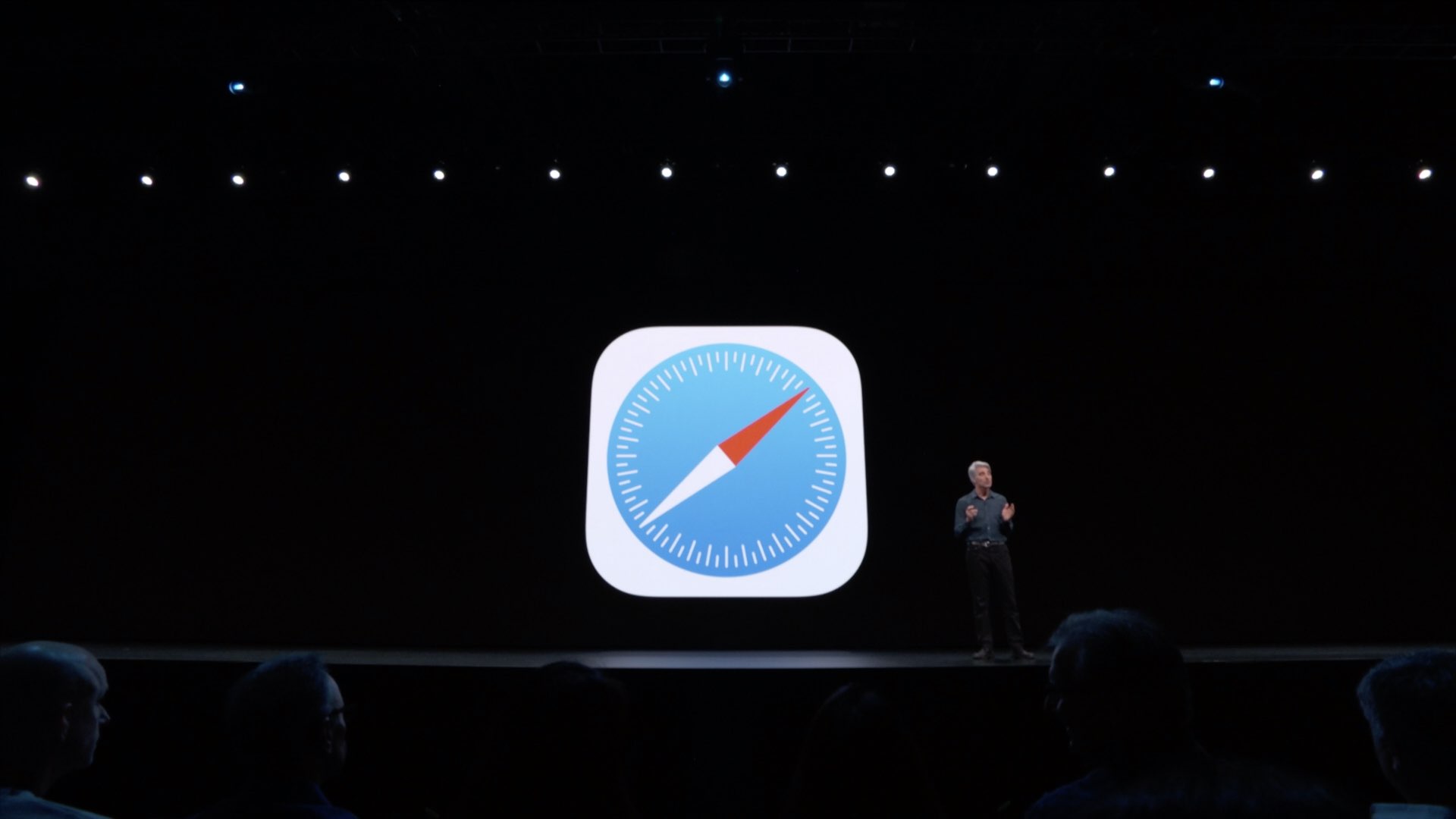
Well, this is awkward. Despite making it possible to choose default apps for your email and web browser, iOS 14 doesn’t appear truly ready to break free of the past.
While iOS 14 is still rigid in some ways, with Apple still leading the charge, the company also wants it to be flexible in others. For instance, finally letting users choose some third-party apps as the default option. That includes email and the web browser. But while that’s technically the case, iOS 14 users have run into some hiccups along the way.
Back in September, after Apple released iOS 14 to the public, it was discovered that the mobile OS would revert the selection of default app back to Apple’s offering after the device was rebooted. This may not have been a big issue for folks who don’t restart their iOS devices all that often, but for others it was a bit of a pain in the neck.
Apple fixed that issue with the release of iOS 14.0.1, which arrived before the end of September. But now the issue has crept back in.
Programmer and developer David Clarke has discovered that if a third-party app has been set as a default app, and it receives an update from the App Store, iOS 14 will revert the selection back to Apple’s own app. This means, when the app is updated, iOS 14 users will need to go back into the settings app and choose the third-party app as the default again.
Here’s Clarke demonstrating it:
https://twitter.com/DCOneFourSeven/status/1318878038113816577
The Verge has confirmed that this is indeed the case.
This is potentially just as annoying as the first instance of reverting default apps, because some developers update apps on a regular basis. Unfortunately there’s no word from Apple at the time of publication if a fix is in the works. Apple released iOS 14.1 earlier this week, and this behavior is still present. The company is currently beta testing iOS 14.2, so it’s possible a fix could be included with that software update in the near future.
Or maybe we’ll get a minor tweak to iOS 14.1.
Either way, Apple will likely fix the issue again — and hopefully it won’t pop back up again.